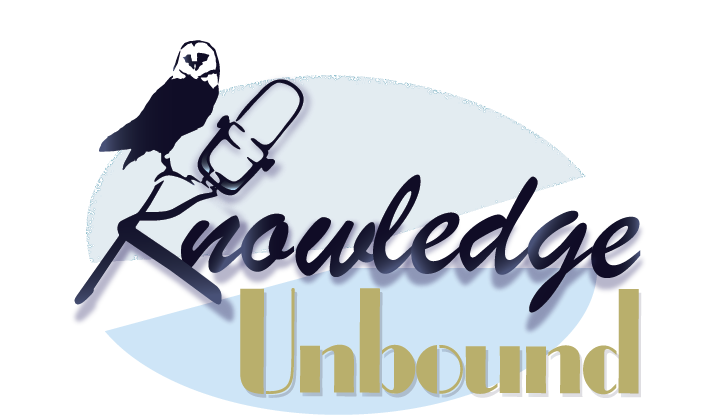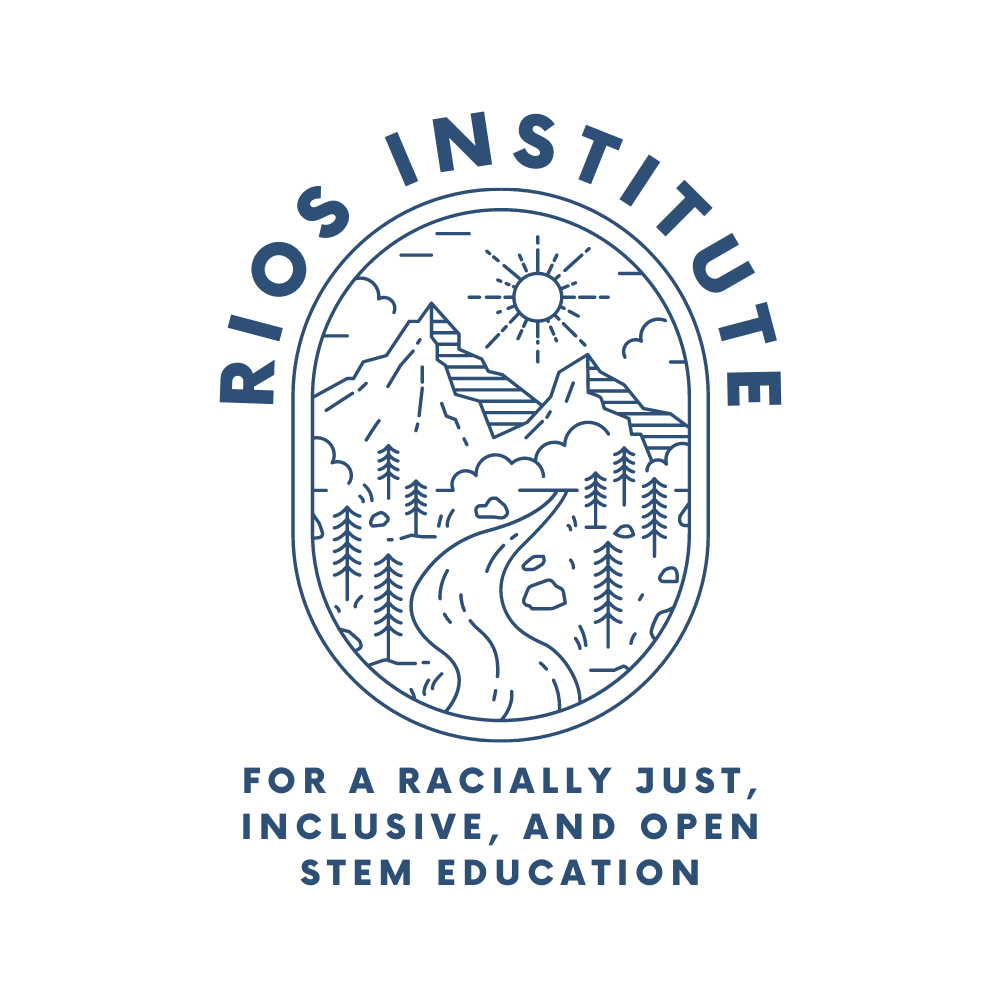

Episode 1: Dr. Carrie Diaz Eaton
On bravery, choices and activism in STEM

"...could be framed as humanizing STEM, but I want to take it a step further, which is people are STEM. STEM and people are not two separate things. They are a ecosystem together. People create STEM culture and science and that it's all part of everything. That in turn impacts people and the social structures."
-
More About Today's Guest:
Dr. Carrie Diaz Eaton is an Associate Professor of Digital and Computational Studies at Bates. As a mathematical and computational biologist turned STEM education researcher, she has worked in research areas from computational neurobiology to disease ecology and evolutionary theory and uses this grounding to apply network perspectives for STEM Education research and advocacy. Dr. Diaz Eaton explores STEM Education reform communities by qualitatively, quantitatively, and computationally examining language, synthesizing frameworks across disciplines in undergraduate quantitative and computational education, creating digital counternarrative spaces, and fostering collaborative professional development. Related to this work, Dr. Diaz Eaton is co-founder, Executive Director, and lead Principal Investigator of the Institute for a Racially Just, Inclusive, and Open STEM Education.
Dr. Carrie Diaz Eaton, Associate Professor of Digital and Computational Studies talks with us about her vision for the RIOS (for a Racially-Just Inclusive Open STEM education) Institute, and her own journey navigating and disrupting traditional spaces in STEM. We talked about her own growth into her professional and personal identity, and the opportunities it presented for her to provide more opportunities for others in Math, and the general landscape of STEM.
-
How could the cultural changes in today's day reflect to what we put in our CV compared to previous years?
-
How would the political environment impact the ways in which aid to immigrant and minoritized students are perceived?'
-
What are some visions in education that knowledge unbound are trying to promote?
-
Additional Resources/Scholarships:



